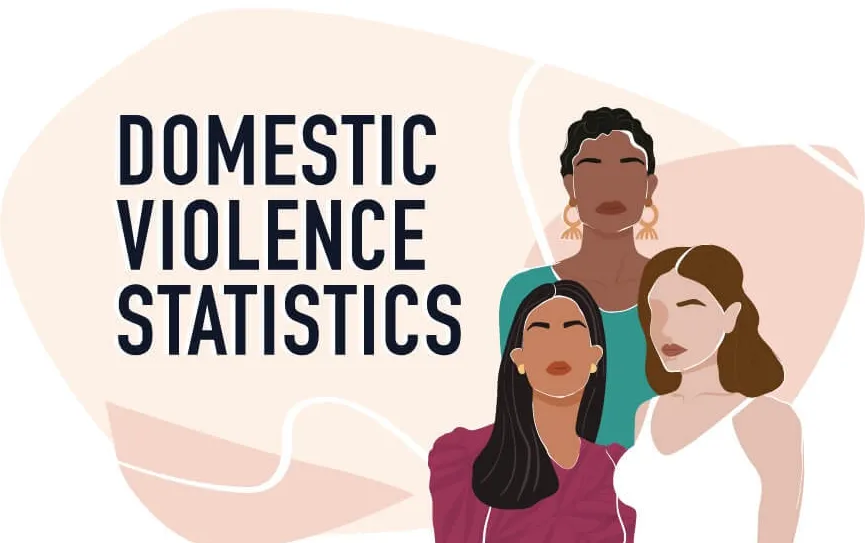When we think of abuse in relationships, we often picture physical violence or blatant acts of aggression. However, abuse isn’t always so visible or straightforward. Some of the most damaging relationships can disguise themselves as loving, caring partnerships on the surface, hiding the emotional and psychological manipulation underneath. Recognizing abuse in a disguised relationship is challenging, yet understanding its forms and signs is essential for self-protection and healing.
Contents
Understanding Disguised Abuse
Disguised abuse can be subtle, evolving in ways that make it difficult to detect. It may not look like the conventional forms of abuse many people envision. Instead, it takes shape in behaviors and actions that undermine a person’s confidence, independence, and well-being. This can include manipulation, gaslighting, isolation, and more. In these relationships, abusers often blend affection and harm, creating a cycle that confuses the victim and keeps them tethered.
The challenge with disguised abuse is that it can often look like intense love or concern, making it harder for the person involved to recognize it as abusive. For instance, a partner’s frequent check-ins may initially appear caring, but if these “check-ins” grow into controlling demands for constant communication or a need to know where you are at all times, this may indicate an unhealthy dynamic. The line between love and control can be difficult to see when a partner’s actions feel nurturing but are, in reality, limiting your freedom and independence.
Recognizing the Warning Signs
Control Disguised as Care
A common sign of disguised abuse is when one partner exerts control over the other’s life under the guise of care. This can look like telling you who you should or shouldn’t spend time with, what you should wear, or how to handle your finances, all with the reasoning that it’s for your “best interest.” When questioned, abusers may claim that these actions are because they “know better” or want to protect you, subtly eroding your sense of autonomy.
Gaslighting and Emotional Manipulation
Gaslighting is a particularly insidious form of emotional abuse that causes you to question your reality and self-worth. If you find yourself constantly doubting your memory, feeling “overly sensitive,” or apologizing for things you didn’t do, you may be experiencing gaslighting. Common phrases like “You’re overreacting” or “That never happened” can make you question your own experiences and sanity. This tactic is designed to destabilize your self-trust and make you more reliant on your partner’s version of reality.
Isolation from Friends and Family
To gain control, an abusive partner may try to isolate you from friends, family, or anyone who could offer support. This often starts subtly, with comments that create doubt about others’ intentions, like, “I don’t think your friend really cares about you” or “Your family doesn’t understand our relationship.” Over time, this can escalate to outright discouraging or forbidding interactions with certain people, leaving you increasingly dependent on the abuser.
Blame and Guilt Tactics
Abusers often use blame and guilt to manipulate their partner’s emotions. They might blame you for things that go wrong, accuse you of being ungrateful, or even make you feel guilty for wanting space or time to yourself. If you frequently feel guilty, even when you’ve done nothing wrong, or find yourself apologizing repeatedly, this may be an intentional tactic to make you feel responsible for your partner’s behavior and moods.
Love-Bombing and the Cycle of Affection
Love-bombing refers to the early stage in a relationship where the abuser showers their partner with extreme affection, attention, and praise. This creates a dependency on the “high” of their love and approval. However, this affection can quickly disappear and be replaced with hurtful behaviors, criticism, or coldness. When you begin to pull away or question the relationship, the abuser may return to intense affection, drawing you back in and maintaining control.
Why People Stay in Disguised Abusive Relationships
Leaving an abusive relationship is difficult, especially when abuse is disguised and accompanied by periods of affection and care. Victims often stay because they hold onto the belief that the “good” parts of the relationship can outweigh the bad. Others feel shame, fear, or self-blame, which makes reaching out for help challenging.
It’s essential to remember that manipulation can create a strong psychological and emotional bond that’s hard to break. This cycle of good and bad times reinforces attachment, making it difficult for the victim to recognize the abuse and leave.
Breaking Free and Finding Support
If you recognize any of these warning signs in your own relationship or that of a loved one, reaching out for help is a crucial first step. Abuse often flourishes in secrecy and isolation, but it begins to lose power when met with support and understanding. Consider speaking with trusted friends or family members, seeking counseling, or exploring local resources for assistance.
Consulting with a trained professional, such as a therapist or a divorce attorney in Utah County, can provide valuable guidance for identifying and safely navigating a way out of abusive patterns. Support groups can also offer a sense of community and shared understanding during this challenging time.
Moving Toward Healing
Once free from an abusive relationship, the healing journey may take time. Self-care, therapy, and connecting with others can help restore self-esteem and confidence. It’s also crucial to remember that abuse is never the victim’s fault. Rebuilding after such an experience involves self-compassion and the recognition that you deserve healthy, supportive relationships.
Final Thoughts
Disguised abuse can trap even the strongest individuals, but awareness is a powerful tool for reclaiming one’s life. By understanding these signs and trusting your instincts, you can recognize when love is causing harm rather than nurturing growth. Healthy relationships foster mutual respect, freedom, and genuine care — and everyone deserves that. If love is hurting, it’s a sign to pause, reflect, and seek the support needed to find your way back to safety and happiness.
